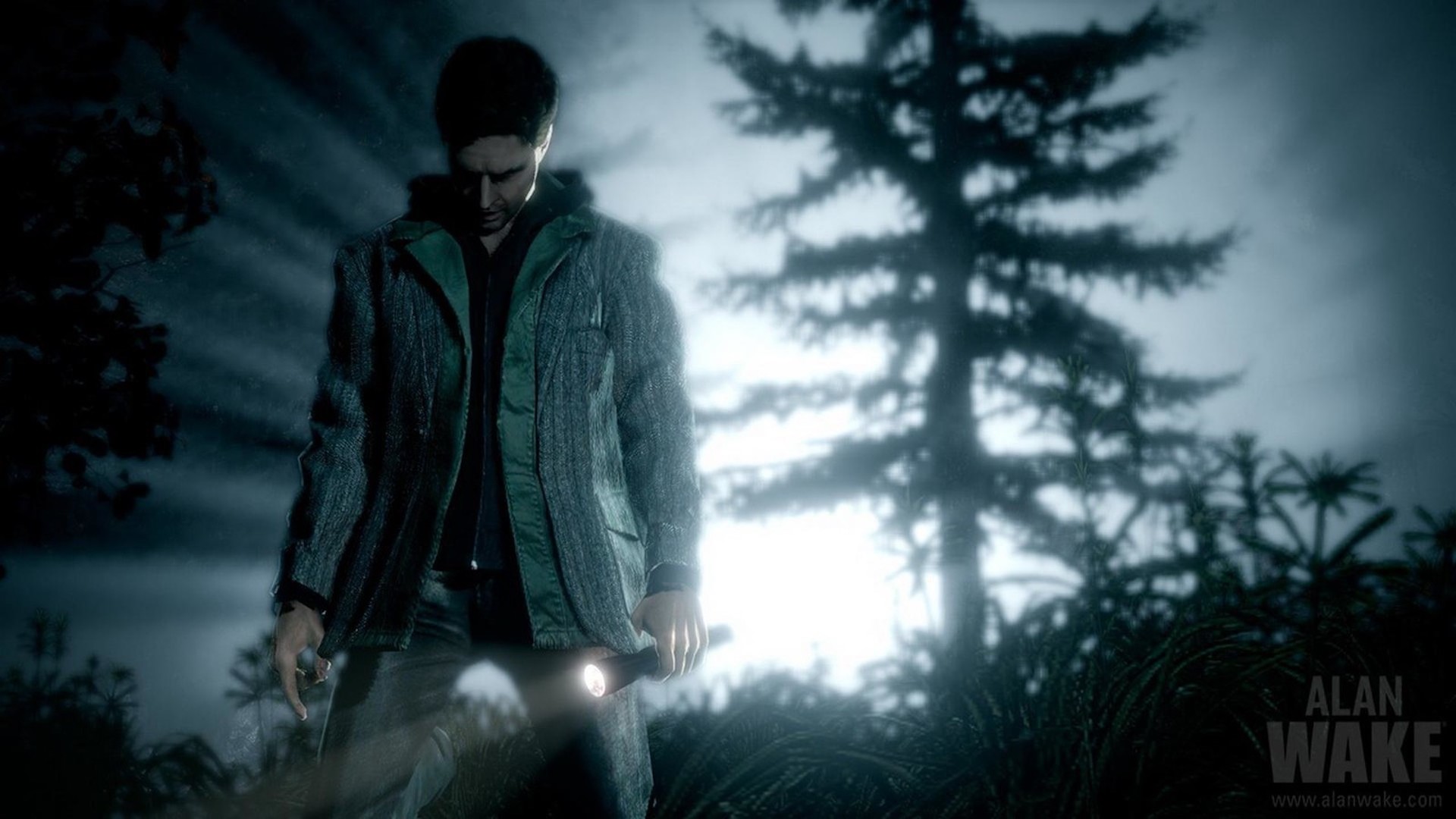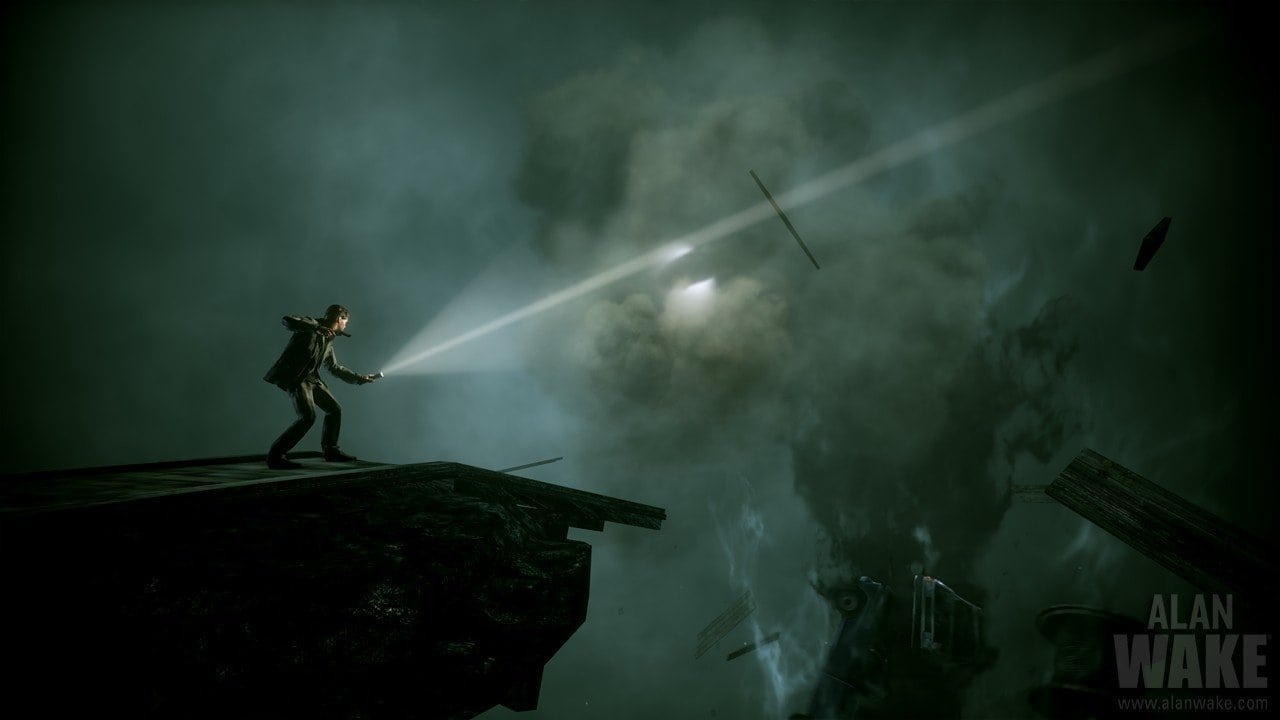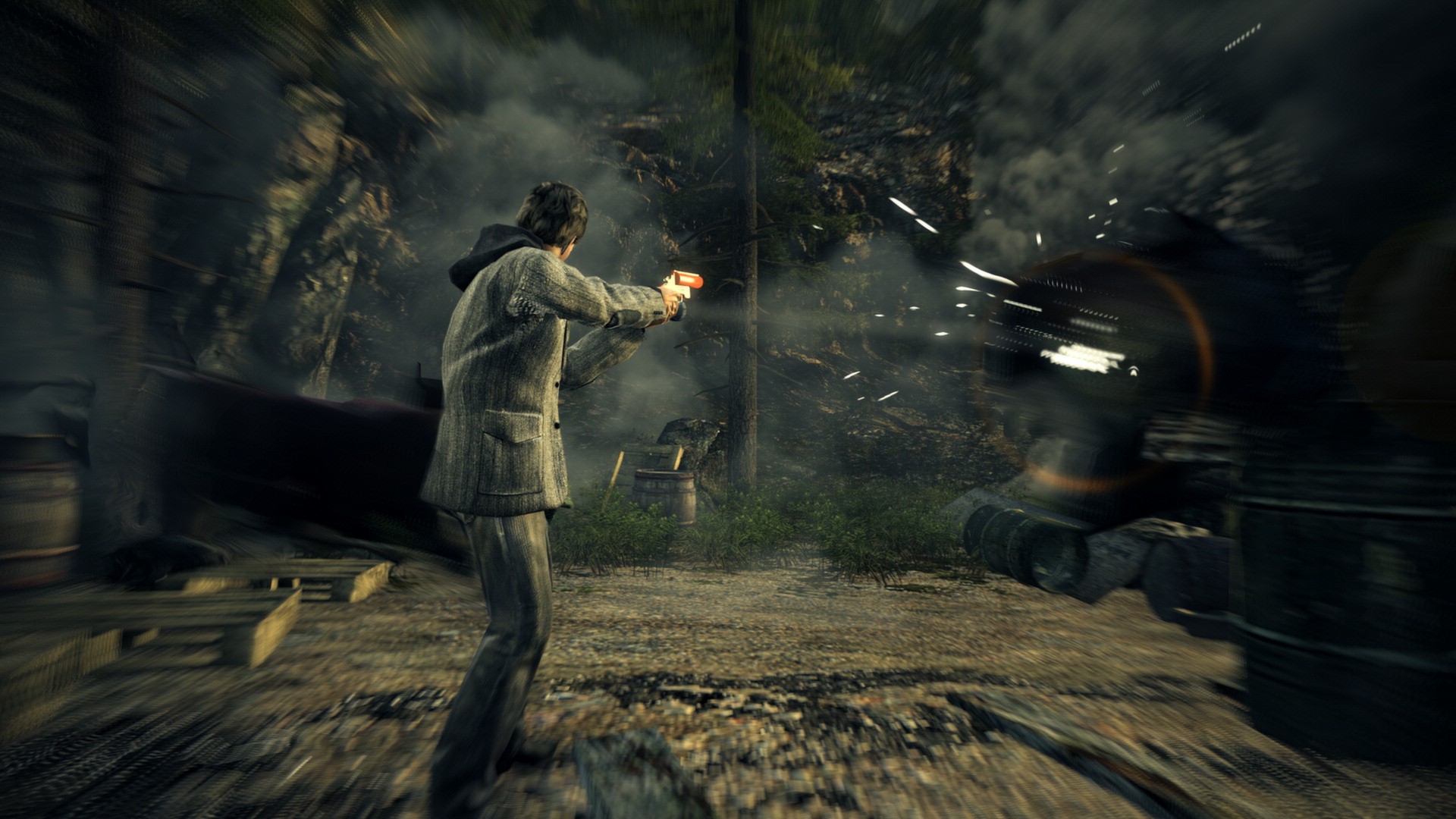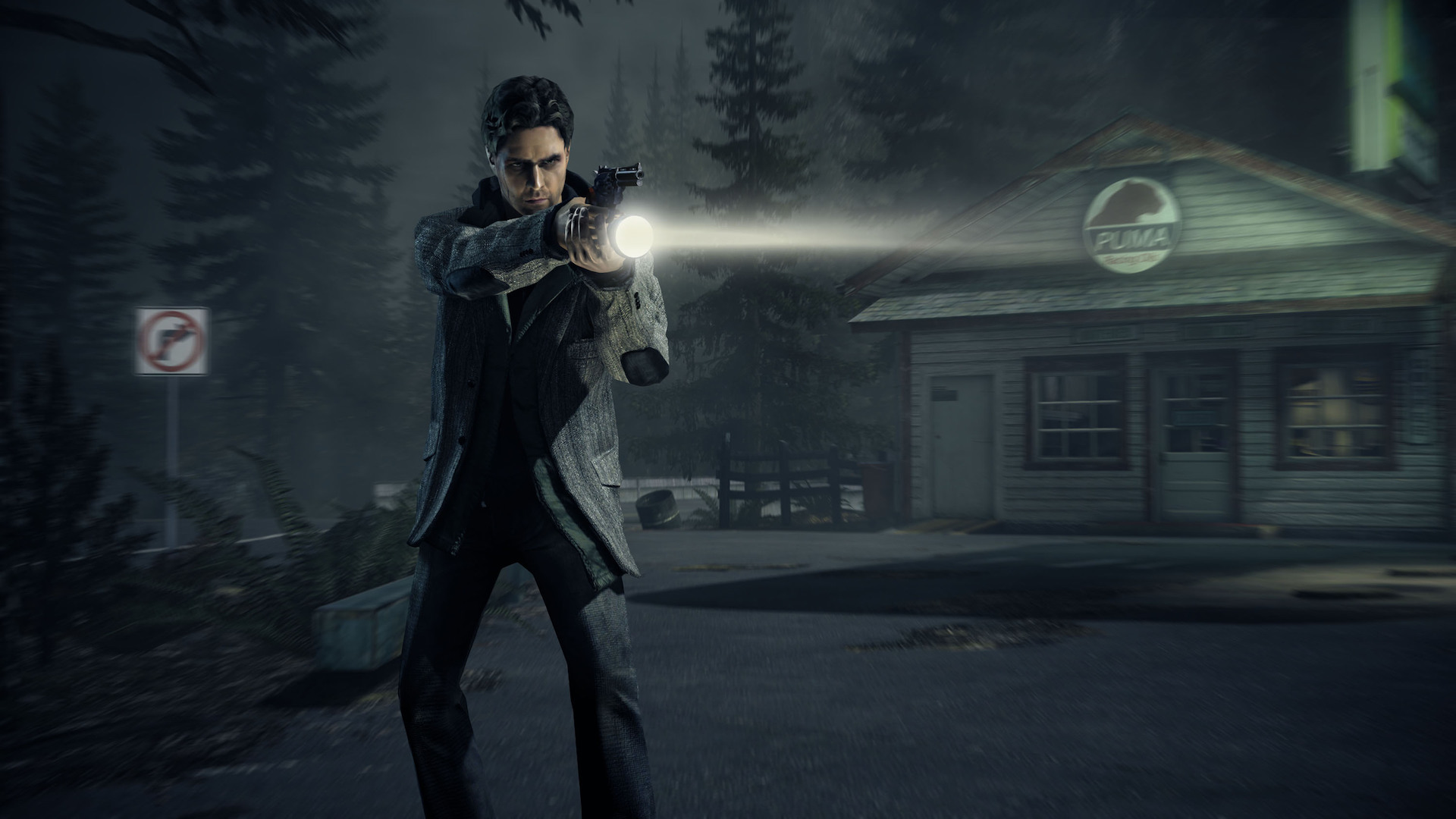
Remedy Entertainment have made a massive name for themselves twenty-four years they’ve been around, building a reputation as excellent storytellers and developers of tight, crisp action titles. But before there was Quantum Break, before there was the upcoming Control – which looks immensely popular – Remedy was synonymous with Max Payne.
But they sold off the rights to Max Payne, wanting instead to create something entirely new from scratch. Expectations, then, were high from Alan Wake, following as it was in the footsteps of what are considered to be two of the most influential action titles ever made. Alan Wake was in development for over five years, which was a highly and unusually long period of development for a game at the time. But Remedy were perfectionists, and they spent all that time polishing up every nook and cranny of the game to the absolute zenith.
When Alan Wake launched, it did so to great acclaim, receiving high praises all around from critics, and higher still from the larger audiences that praised it. Most notable among its achievements were its engaging narrative, its tight writing, and the incredible atmosphere and sense of place it constantly built up. Despite not becoming a smash hit the way Remedy and publishers Microsoft would have expected it to, Alan Wake cultivated a devoted and fierce cult following.
On numerous occasions in the years since its release, fans have demanded a sequel, while Remedy themselves have spoken in no vague terms about how much they’d love to go back to the property. So why is it then that a property as beloved as Alan Wake, with so much potential to grow and so much potential for even greater success, has been so roundly ignored by the people who have the power to take it further? Why haven’t we had a sequel, when a sequel is so clearly something so many people would absolutely love to see? What the hell happened to Alan Wake?
The sad fact of the matter is that Alan Wake suffered from a fate that, sadly enough, so many excellent games in this industry face as well. Though it was an incredible game, its critical success wasn’t matched by its performances on the market. And though Alan Wake wasn’t a commercial failure per se, it just wasn’t successful enough to warrant a sequel. After Alan Wake, we got two episodes of DLC for the game, while Remedy and Microsoft also released a standalone follow up – Alan Wake’s American Nightmare – exclusively for Xbox Live Arcade.
So was it always the plan to make one game and then be done with it? Well, no- clearly, it wasn’t. As early as 2010 itself, Remedy had publicly spoken about wanting to make a sequel. They saw Alan Wake as merely season one of their larger story, with the DLC episodes acting as bridging episodes that would connect to the second major instalment. American Nightmare was a nice little diversion on the road to season two, but it was never really the final destination.
By 2011, word had leaked, and quite conclusively so, that Alan Wake 2’s development was underway, and that Remedy Entertainment had all the plans in place to make it bigger, better, and weirder than the first game. Over the next couple of years, we kept hearing whispers about Alan Wake 2, a game that wasn’t officially announced by any means, but we all just sort of expected was eventually going to release sooner rather than later.
In 2013, at the Xbox One reveal event, Remedy Entertainment and Microsoft did once again join hands to announce yet another major Xbox One exclusive- but it wasn’t Alan Wake. No, the two announced Quantum Break, a narrative driven action adventure title that had that typically bizarre Remedy flair, but very clearly wasn’t Alan Wake 2. That’s because Alan Wake 2, Remedy would confirm, had been postponed.
It wasn’t that Remedy did not want to make a sequel to their action horror title. No, they had plans in place and ambitious ideas for things they wanted to do. Shortly after the launch of Alan Wake, they pitched a sequel to Microsoft- but sadly enough, the moderate success of the first game on the market simply wasn’t enough to give Microsoft the assurances they wanted. The developer wanted to make a sequel- the publisher wasn’t confident it would be successful, and refused to approve it and fund it.
Over the coming years, Remedy reworked their ideas for Alan Wake 2 into other projects. American Nightmare would borrow some ideas, like setting the game in Arizona, or having enemies with special abilities, or having a sandbox mode where players would fight against waves of enemies, which would go on to become American Nightmare’s Fight Till Dawn Mode. The more ambitious ideas, Remedy used for Quantum Break.
The most notable of these was having a video game infused with a TV show. Originally intended for an Alan Wake sequel, when Remedy were told by Microsoft that that would be a no-go, the developer went back to the drawing board and thought up something completely different. A sci-fi action adventure title with a reactive narrative that players would influence, in the backdrop of a time travel-centric narrative. The one thing they kept intact was the concept of interspersing the game’s storytelling with entire episodes of a TV show created from scratch. When Remedy pitched this idea – which we now known as Quantum Break – to Microsoft, the publisher approved it immediately.
So where does this all leave us now? Remedy Entertainment has moved on from Alan Wake to Quantum Break, and now from Quantum Break to Control– and Control is looking absolutely excellent. Best of all, it’s a property that Remedy owns completely, and has full creative control over- its success depends entirely on themselves, and if they ever want to make a sequel, they won’t be at the mercy of the whims of a publisher. But while this does make it unlikely that Remedy will go back to previous franchises not owned by them at least for the foreseeable future, it’s not completely out of the question.
On multiple occasions, Remedy have talked about wanting to go back to Alan Wake (and Quantum Break, for that matter)- but every time they have do so, they have also made it abundantly clear that that is something that cannot happen without Microsoft’s support. Microsoft has obviously been investing heavily in first party stuff recently, so the likelihood of them turning back to an old established property like Alan Wake to bolster their lineup is certainly higher than it has ever been. Will it happen? It’s hard to say. Could it? It definitely could.
Or maybe that’s just wishful thinking. Microsoft are just as likely to keep on ignoring Alan Wake as they are to greenlight a sequel- if not more than, in fact. Which is a real shame, because Alan Wake was an unbelievably good game. Remedy’s chops as excellent storytellers in tightly made games need no introduction, and that is thanks in large part to Alan Wake- a sequel to that, which ideally would have expanded upon those strengths, would have been the ideal scenario, but there’s no telling whether that’s something that will actually happen. All we can do is hope and wait.
Note: The views expressed in this article are those of the author and do not necessarily represent the views of, and should not be attributed to, GamingBolt as an organization.


















